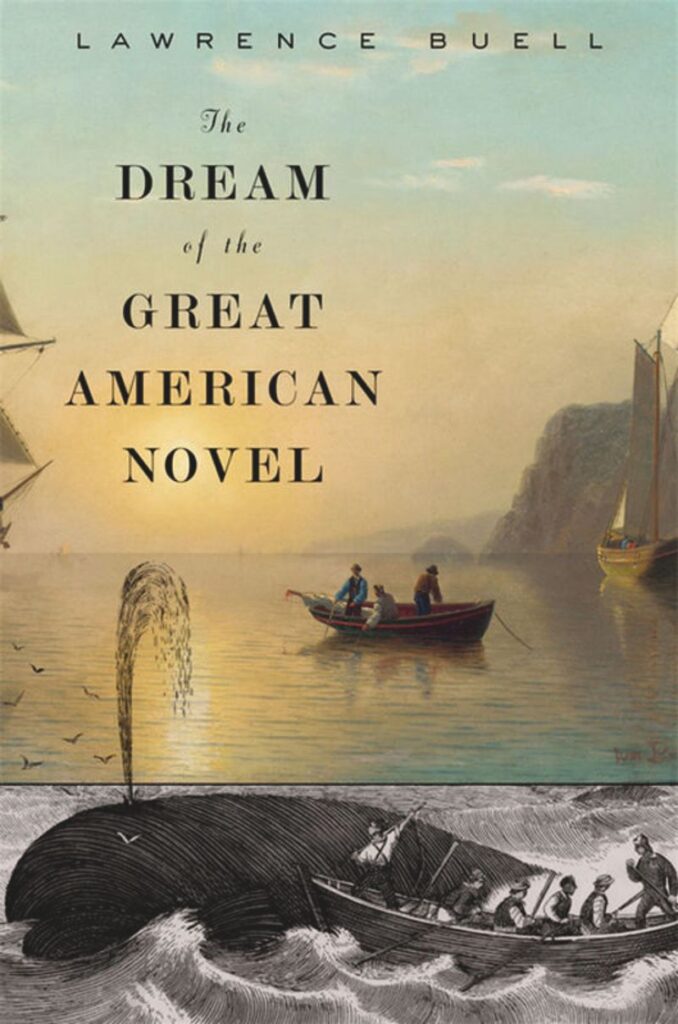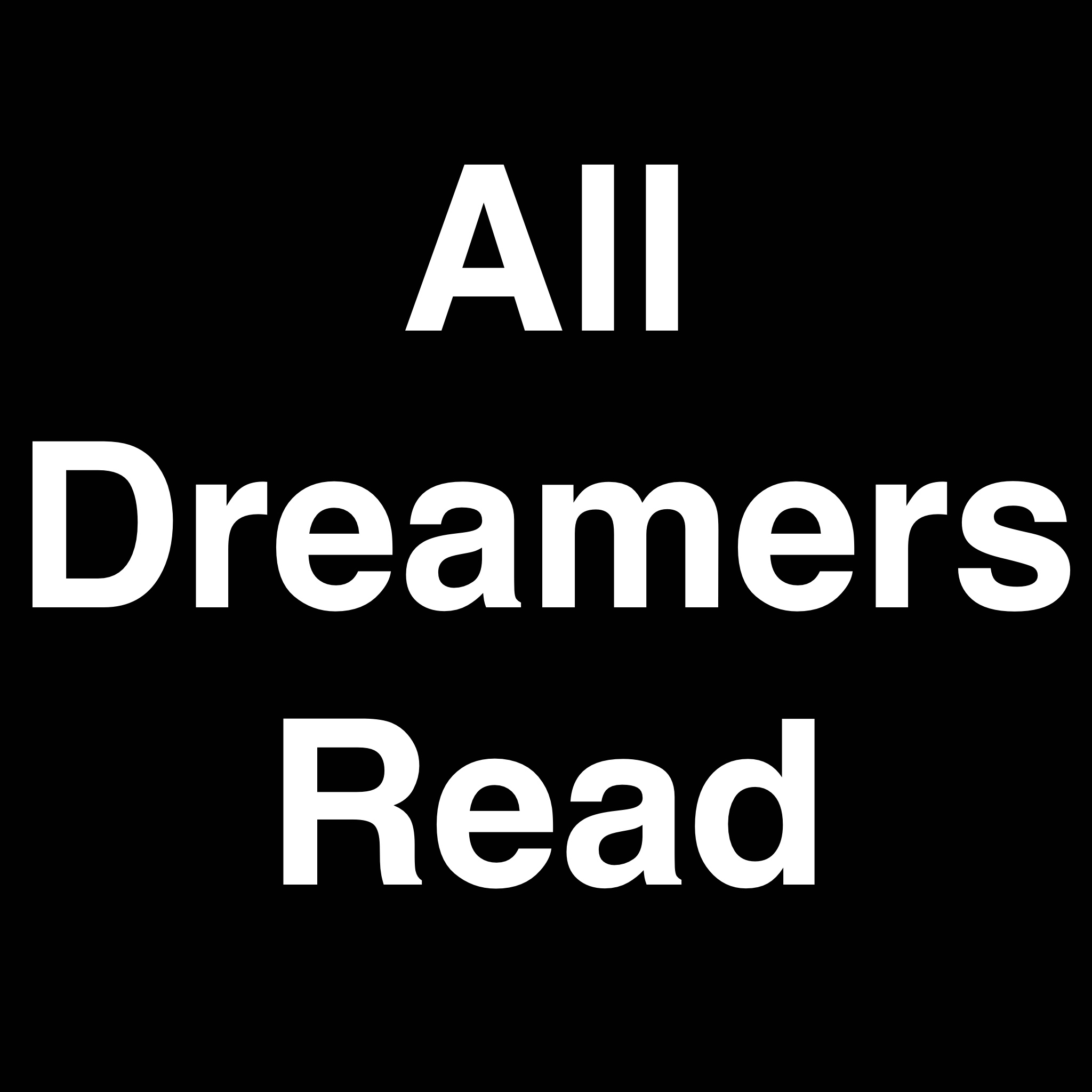The Great American Novel is determined by our imagination, and up to our interpretation. I want to think about The Great American Novel in a novel way, do you?
In my last blog post, I shared my understanding of how the myth came to be. In this blog post I want to focus on sharing my perspective on the myth of The Great American Novel as a whole.
While there are varying forms of myths, what I find particularly interesting about the GAN is its nature as a cultural myth. Our society never needed a reason to explain where the sun went at night, or why the four seasons of the year. Unlike phenomenological myths used to foster community ties through the explanation of an unknown, the cultural mythos of the GAN has always been required to do the complete opposite. Over time, The Great American Novel as a myth helped America shape a cultural, and literary identity for itself.
America had become disillusioned at the conception of the GAN, so it’s not difficult to understand why the mythic idea struck a deep chord. It’s an idea meant to unify us, (obviously under nationalist and exceptional sentiment, but still) it’s meant to bring us together. Strangely enough, it has and still does. I believe that’s why it’s nearly impossible to view an idea like The Great American Novel within the literature of different nations.
Like many other societies in the world, in America there is a correlation between the perspectives we as individuals and citizens hold of ourselves as a society, and how they in turn shape changes in culture. Culture, no matter where in the world, is never stagnant. As groups of individuals come together, they form group values, over time, whether it is from factors existing beyond or within the group, those values always change. The mythos of The Great American Novel is no different.
When people discuss The Great American Novel or different novels that make up America’s literary canon, their argument essentially references a story that encapsulates and reflects America’s character back to the reader. With that ambiguous framework, and our discourse over time, the myth of the GAN and its subsequent stories were given the ability to shape shift when viewed through different lenses.That uncanny ability to be viewed through different cultural values is absolutely unique to American literature.
From what I understand The Great American Novel works as a mimetic myth. As an idea, it reinforces the idea of greatness we as Americans have created, and accepted for ourselves. The very idea is perpetuated through more discourse and understanding of our self-reflective views as a nation. The mimetic aspect of the myth creates somewhat of a feedback loop between our culture, and the general themes in the stories considered to be (in the literary canon as) Great American Novels.
There are other components I believe are important to consider when asking why the myth has remained perpetual in our culture. In my own opinion, the different lenses when discussing GAN contenders could generally include temporality (the story’s setting and the time period the story was written), themes of intersectionality (race, sexuality, gender, and class), the stories’ matriculation in academics, values in popular culture. Even the very act of debating, and deciding what stories constitute for the literary canon also plays a role in the continuation of the myth.
These stories not only engage with the overall cultural, and societal values of America but also within the temporal shifts in those values. As American values shift, the expectation of the relevant themes in what is considered a Great American Novel also changes. It’s not impossible because it’s said to have already been achieved. It’s not simply an absurd idea because of how much it’s already impacted our cultural identity.
I began my blog with this two-part summation of The Great American Novel as myth to partially convey my deep interest in the idea and the mythology of The Great American Novel. One of the reasons I always want you, the reader to retain your disbelief and formulate your own opinion is because I hope to create a new way to conceptualize the GAN.
Whether or not you’re inclined to believe as I do, always consider this; what makes any story different isn’t necessarily the what, but the how.

Lawrence Buell & The Unkillable Dream of The Great American Novel
Lawrence Buell’s in-depth analysis of The GAN in The Dream of The Great American Novel brought me an extraordinary clarity and revitalized my imagination on the idea. I’d heard of the Great American Novel before I read his work, but his insight into the paradoxical contradiction innate to the GAN as a concept has deeply influenced my perspective.
If you have a keen eye you’ll notice not only that the title for my planned epic narrative is The Dream series, but also the contradictions that make up its epigraph, especially the line, “To tell a story that kills death.” are references to his work.
The impact of his work on mine should never be understated. It was his words that led me to new thoughts. Of course, we’ve already had stories that contended for the GAN, we have a literary canon made up entirely around that premise. But we’re at a point where it’s been done. We’ve already seen writers try with massive texts of their own, different literary critics declare specific books as GANs, even what we’re taught in schools as American literary milestones, it all seems overemphasized. What I believe hasn’t been done before, is someone actually challenging our literary canon for contention. I haven’t heard of someone who writes with the specific intent of unironically achieving The Great American Novel. But maybe, that’s why-to try something in a new way-that’s why I challenge you for The Great American Novel.
